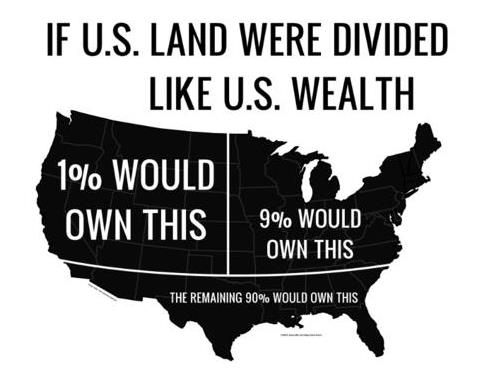According to the Associated Press:
By JEANNINE AVERSA – 1 day ago
WASHINGTON (AP) — The nation’s unemployment rate bolted above the psychologically important 6 percent level last month for the first time in five years — and it’s likely to go even higher in the months ahead, possibly throwing the economy into a tailspin as Americans pick a new president.
A blizzard of pink slips propelled the jobless rate from 5.7 percent in July to 6.1 percent in August, the Labor Department reported Friday. Such a sharp increase is usually a strong recession warning, and it dashed investors’ hopes for a late-year recovery.
Worried about the economy and their own business prospects, employers cut payrolls by 84,000 in August, marking the eighth straight month of losses.
So far this year, a staggering 605,000 jobs have vanished — slightly less than the population of Alaska. The economy needs to generate more than 100,000 new jobs a month for employment to remain stable.
Richard Yamarone, economist at Argus Research, feared that the jobless rate would cause consumers and businesses to “move from a moderately concerned stage to outright fear” and reduce their spending even more.
A toxic trio of housing, credit and financial problems has badly shaken the economy, and the crisis shows no signs of letting up. It’s the public’s top worry, and many experts believe the situation will get worse before it gets better.

